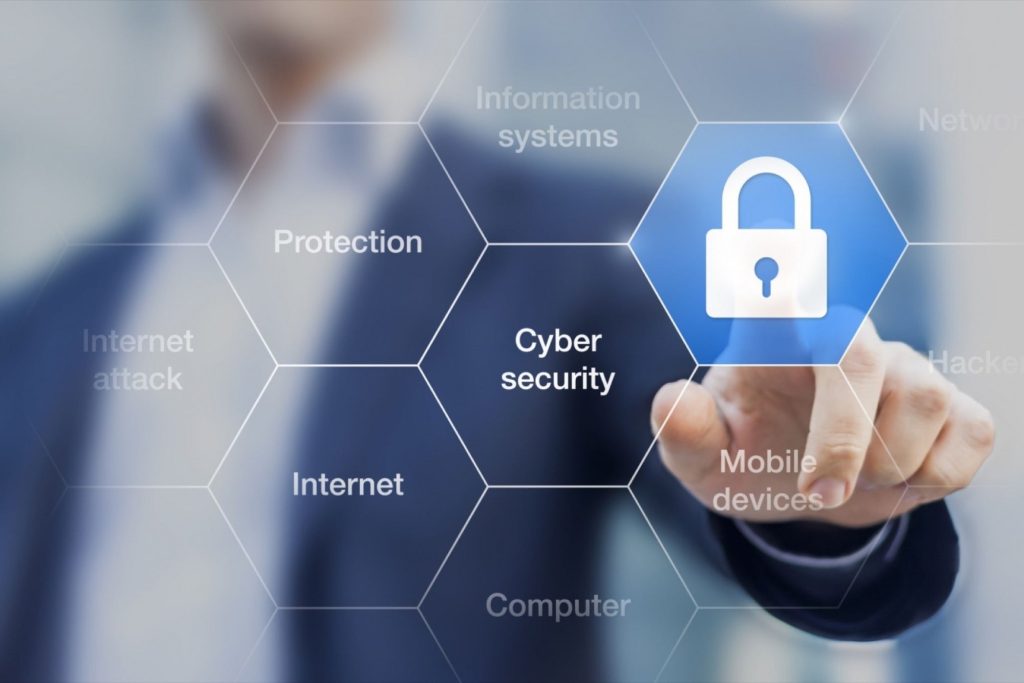In today’s digital age, data breaches are becoming increasingly common and pose a serious threat to individuals and businesses alike. With more and more personal and sensitive information stored online, the potential for hackers to gain unauthorized access to this data is a growing concern. It is important for everyone to understand what data breaches are, how they occur, and most importantly, what steps can be taken to protect oneself from falling victim to such attacks.
A data breach occurs when sensitive and confidential information is accessed, stolen, or used by an unauthorized individual or entity. This information can include personal details such as names, addresses, social security numbers, credit card numbers, and even medical records. Data breaches can happen in many ways, including hacking, phishing attacks, malware, or even through physical theft of devices containing sensitive information.
One of the most common ways for data breaches to occur is through hacking. Hackers use various techniques to gain access to a system or network, often exploiting vulnerabilities in software or using sophisticated social engineering tactics to trick individuals into revealing their credentials. Once inside, hackers can easily steal or manipulate data for their own malicious purposes.
Phishing attacks are another common method used by hackers to gain unauthorized access to personal information. In a phishing attack, hackers send out fake emails or messages that appear to be from legitimate sources, such as banks or government agencies, in an attempt to trick recipients into providing their personal information. By clicking on links or downloading attachments in these emails, individuals unknowingly give hackers access to their sensitive data.
Malware, or malicious software, is another significant threat when it comes to data breaches. Malware can infect devices and systems through various means, such as email attachments, downloads, or even compromised websites. Once installed, malware can steal sensitive information, track keystrokes, or even hold data ransom until a payment is made.
Physical theft of devices containing sensitive information is also a common cause of data breaches. Stolen laptops, smartphones, or USB drives can provide hackers with access to a treasure trove of personal data, making it crucial for individuals and businesses to secure their devices and ensure that sensitive information is encrypted and password-protected.
So, what can individuals do to protect themselves from falling victim to a data breach? The first step is to be vigilant and cautious when it comes to sharing personal information online. Be wary of emails or messages requesting sensitive information, and always verify the authenticity of the sender before clicking on any links or providing any data.
It is also essential to keep software and devices updated with the latest security patches and antivirus protection to prevent hackers from exploiting vulnerabilities. Use strong, unique passwords for all online accounts and consider enabling two-factor authentication for an added layer of security.
Regularly monitor financial statements and credit reports for any suspicious activity, as this could be an early indicator of a data breach. If you suspect that your data has been compromised, act quickly to minimize the damage by contacting your financial institution, changing passwords, and reporting the incident to the appropriate authorities.
Businesses should also take proactive measures to protect their data and prevent breaches from occurring. Implement robust security measures, such as firewalls, encryption, and access controls, to safeguard sensitive information. Conduct regular security audits and penetration tests to identify and address any vulnerabilities in the system.
In the event of a data breach, businesses should have a data breach response plan in place to minimize the impact on customers and stakeholders. This plan should include notifying affected individuals, cooperating with law enforcement agencies, and taking steps to prevent further breaches from occurring in the future.
Overall, data breaches are a serious threat that can have far-reaching consequences for individuals and businesses. By understanding how data breaches occur and taking proactive steps to protect sensitive information, everyone can take control of their digital security and safeguard their data from falling into the wrong hands. Awareness and vigilance are key in the fight against data breaches, so stay informed and stay safe online.

